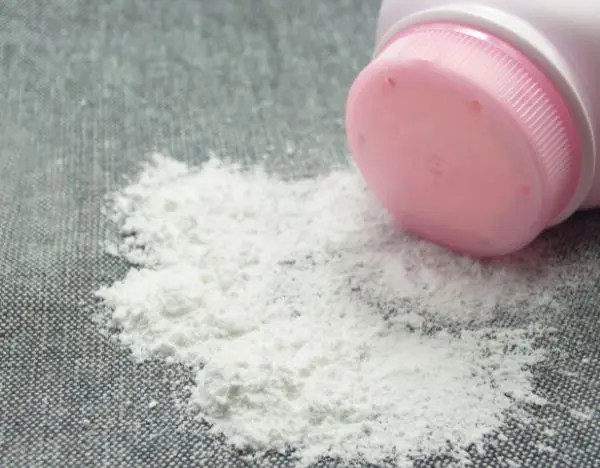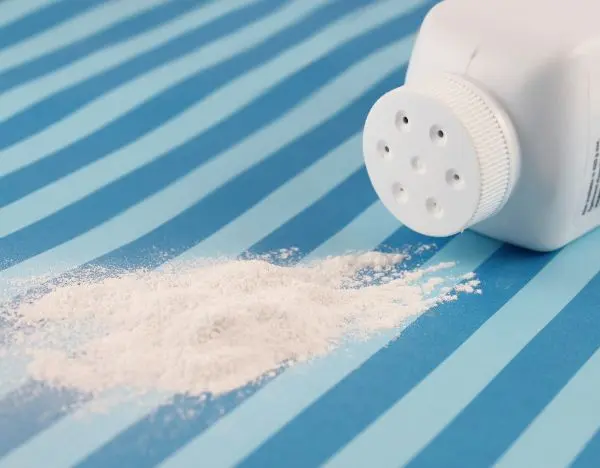
Recent headlines have spotlighted a troubling product recall involving Dynacare baby powder, a brand now associated with a potential asbestos contamination. As reported, Dynacare has issued a recall of its baby powder following findings of asbestos — a known carcinogen linked to serious health risks. This recall has stirred widespread concern among consumers, especially parents, as well as legal scrutiny over safety protocols in consumer product manufacturing.
In light of this issue, mass tort and class action law firms are watching closely. Such firms, like Class Action 101, specialize in addressing cases where consumers suffer harm from defective or dangerous products, often leading to collective lawsuits against the manufacturers. In this article, we’ll dive into the details surrounding the Dynacare recall, the potential health risks of asbestos exposure, and what affected consumers should know about their legal rights.

Dynacare's baby powder recall follows a series of tests that revealed asbestos contamination. Asbestos, a fibrous mineral once commonly used in construction and manufacturing, has been largely phased out due to its carcinogenic properties. When inhaled, asbestos fibers can lead to severe health issues, including mesothelioma, lung cancer, and asbestosis. The discovery of asbestos in a product intended for infants has, understandably, caused alarm among parents and healthcare professionals alike.
Dynacare is urging customers to cease using any affected products and is offering refunds and guidance on safe disposal. This step is critical to reducing potential exposure, but it doesn’t necessarily absolve the company of liability, especially if contamination arose from inadequate safety protocols or negligence in the manufacturing process.
Asbestos contamination in baby powder raises serious health concerns because of the product’s intended use on delicate skin. Although baby powder is designed to be applied externally, the fine powder can become airborne and potentially inhaled, exposing both babies and caregivers to asbestos fibers. This risk becomes even more pronounced when considering the cumulative exposure over time, as even small amounts of asbestos can increase the likelihood of respiratory diseases, mesothelioma, and other cancers.
The health risks underscore why consumers may seek legal remedies. In situations like this, affected individuals can join class action lawsuits or mass tort claims to hold companies accountable for safety oversights and secure compensation for potential damages.
Class actions and mass torts provide legal avenues for affected consumers to seek justice. While both types of cases involve groups of people who suffered harm, they differ in structure:
Class Actions consolidate numerous similar claims into a single lawsuit. All plaintiffs, or "class members," share in any settlement or court-awarded compensation equally, regardless of individual circumstances.
Mass Torts, on the other hand, allow individual claims to be handled within the context of a broader case. Each claimant may receive compensation based on the unique impact they’ve experienced, making it an ideal choice when the extent of harm varies among those affected.
For those impacted by the Dynacare recall, consulting with a law firm experienced in product liability and mass tort claims can help determine the best course of action.
If asbestos contamination in Dynacare’s baby powder is proven to have caused harm, consumers may be eligible for compensation covering various damages. Potential claims might include:
If you’ve used Dynacare baby powder recently and are concerned about asbestos exposure, there are several steps to consider:
Product recalls like this one underline the importance of rigorous testing and transparent manufacturing practices in consumer goods, especially those intended for children. Legal firms like Class Action 101 work to ensure that corporations are held accountable, advocating for safer standards in product manufacturing and appropriate compensation for those affected by negligence.
For more information on your legal options or to discuss your case, contact Class Action 101 today.





